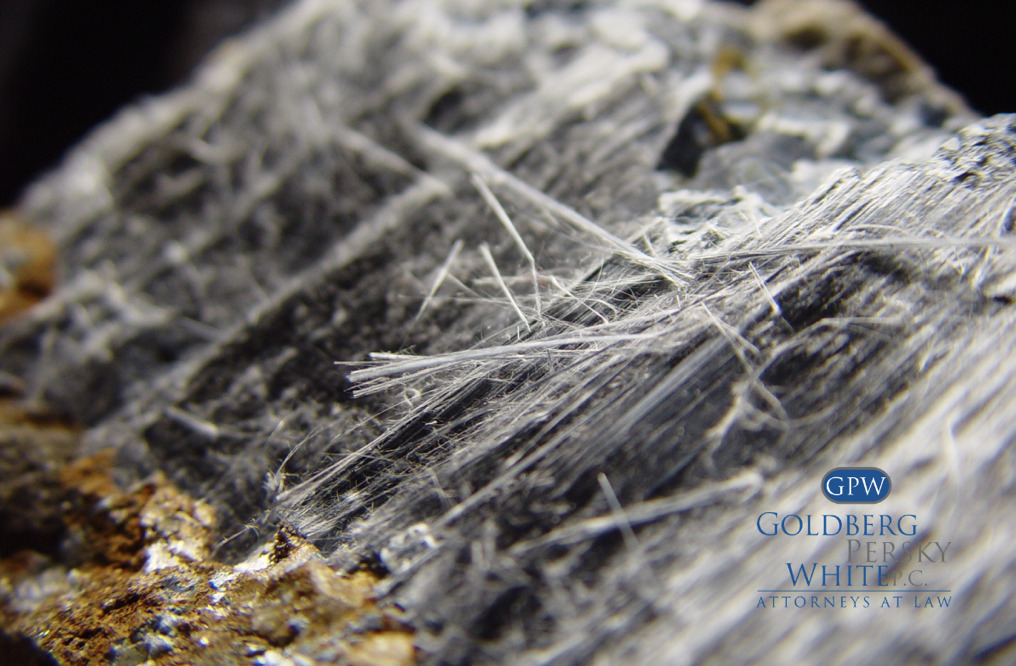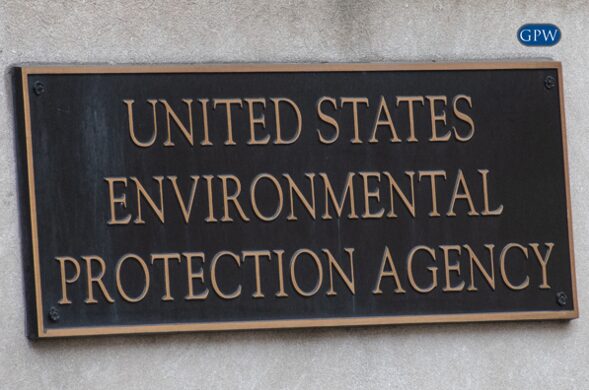Why is it so hard to directly link Talcum powder to Ovarian cancer?
Talcum powder (more commonly known as baby powder) is marketed as a safe and gentle product – safe enough to use on your new born child and used in all types of cosmetics. Talc is a substance that absorbs moisture, is useful in keeping skin dry and preventing rashes, and rarely causes skin irritations or allergic reactions. Because of this, not only do people use it for powdering babies, but women use it for feminine hygiene. Recent studies have found a potential link between ovarian cancer and talcum powder which has led to multiple lawsuits against health giant Johnson & Johnson.
Johnson & Johnson so far has been forced to pay millions in damages in two separate cases this year. The family of an Alabama woman who died from ovarian cancer allegedly caused by using baby powder for feminine hygiene for decades, was paid $72 million. Most recently, $55 million was paid to a St. Louis woman who claimed she developed ovarian cancer after using Johnson & Johnson baby powder for feminine hygiene for over 40 years. The lawyers for the case in St. Louis argued Johnson & Johnson new about the risk, but did not inform consumers. In fact, their ad campaigns specifically target women using the powder for hygiene purposes with slogans like “just a sprinkle a day helps keep odor away.” Johnson & Johnson is facing close to 1,200 lawsuits.
How long has Johnson & Johnson known there were potential risks? Since the early 1970s, more than 20 studies have linked the use of talcum powder to ovarian cancer. Over 2,000 women with ovarian cancer were researched, and along with a control group, it was found that woman who frequently used talc-based powder for feminine hygiene were 33% more likely to increase their risk of ovarian cancer. Some experts believe Johnson & Johnson has known about the potential risks since 1982.
So why isn’t baby powder and talcum powder being pulled from the shelves? Even though some studies have shown a correlation between the product and the risks, studies have also shown that linking talcum powder to ovarian cancer is not so easy. Risk estimates are based on small sample sizes and may not always be reliable. There is the potential for bias because people were asked about their use of talcum powder after their initial diagnosis. Studies also have not been able to determine which occurred first: the use of talcum powder or ovarian cancer and since other factors in a women’s health may also contribute to ovarian cancer, one cannot confidently say talcum powder is the main root of the cause.
Even though there are mixed findings, you still may be entitled to compensation if you are suffering from ovarian cancer and frequently used talcum powder. If you are looking for a firm that can handle Personal Injury lawsuits, or are simply unsure if you have a case, there is no obligation to discuss your case with one of GPW’s attorneys. Contact us today.



